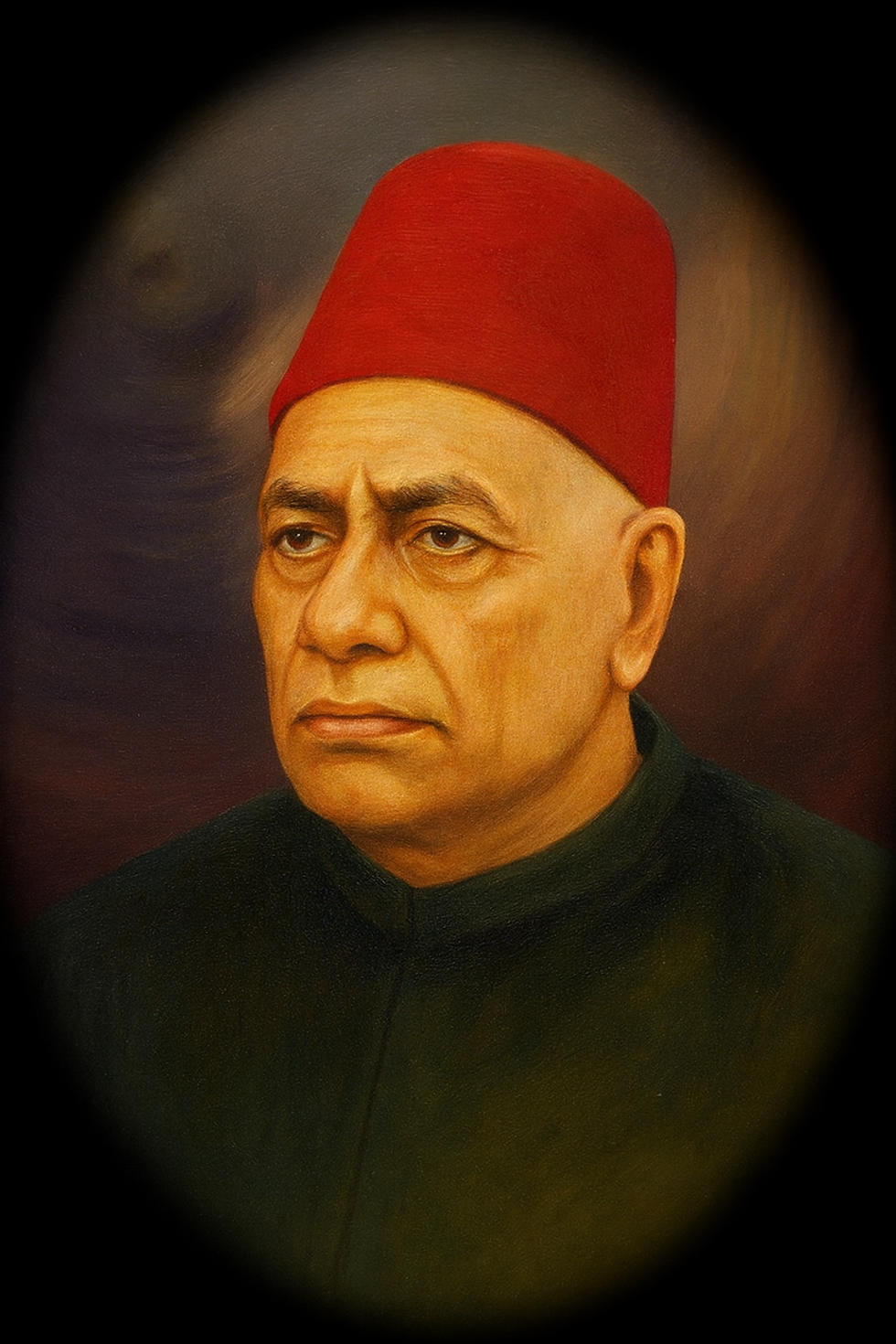The Profile of Chandni: A Goat
- Aslam Abdullah
- Sep 11, 2025
- 3 min read

Abbu Khan ki Bakri (Abbu Khan’s Goat) is a story written by Dr. Zakair Hussain, the late President of India,in Urdu. “Abbu Khan ki Bakri” is not just a children’s tale. It is a timeless parable about love, freedom, and sacrifice.
A long time ago, in the city of Dehradun, there lived an old man named Abbu Khan. He was a kind, lonely man who loved animals—especially goats.
Abbu Khan’s goats were not just pets. They were his companions, his family, and his friends. He would talk to them as if they were children. He gave them funny names, fed them grass, chapatis, and grain, and at night, he told them stories. But there was one problem.
Every goat Abbu Khan kept would grow restless after some time. No matter how much he cared for them, the goats would tug at their ropes and long for freedom. One by one, they would break away and run toward the green hills of the Himalayas. And there, in the forest, a hungry wolf waited. None of the goats ever returned. This broke Abbu Khan’s heart. Yet, his love for goats was so deep that he kept bringing home new ones.
One day, Abbu Khan brought home a beautiful young white goat. Her name was Chandni (which means “moonlight”). She had bright eyes, soft fur, and a playful nature. Abbu Khan thought, “This one will never leave me. She is small, she is gentle, and I will love her like my daughter.” And so he tied Chandni with a strong rope in his courtyard, fed her the best food, and showered her with affection. But goats are goats, and freedom is in their nature. Chandni would look up at the green hills, shining in the sunlight, and her heart would beat faster. The call of the wild grew stronger every day.
One evening, Chandni said to Abbu Khan: “Abbu, I want to go to the hills.” Abbu Khan was shocked. He pleaded with her: “My dear Chandni, the hills are dangerous. A wolf lives there, and he will kill you. Stay here with me. I will take care of you for all your life.”But Chandni shook her head. “Life without freedom is no life at all. I want to see the open sky, breathe the mountain air, and be free—even if it means danger.” Abbu Khan cried and begged, but Chandni’s spirit was unbending.
One night, Chandni broke free. She ran toward the hills, her heart singing with joy. For the first time, she felt the cool mountain breeze, the soft grass under her feet, and the vast sky above her. But freedom came at a price. Soon, she heard the growl of the wolf. He stood before her, his eyes glowing, his teeth sharp. Chandni knew she could not run. So, she stood on her ground. The little goat faced the mighty wolf, her horns ready, her legs firm. She fought bravely till her last breath. In the morning, villagers found her lying still. The wolf had killed her. But on her face was a look of peace—the peace of one who had lived and died free.
Dr. Zakir Hussain wrote this story to teach children a powerful lesson: Freedom is precious. A life of chains, even if comfortable, is not worth living. It is better to die fighting for freedom than to live in captivity. Abbu Khan’s Chandni became a symbol of courage and the spirit of independence.



Comments